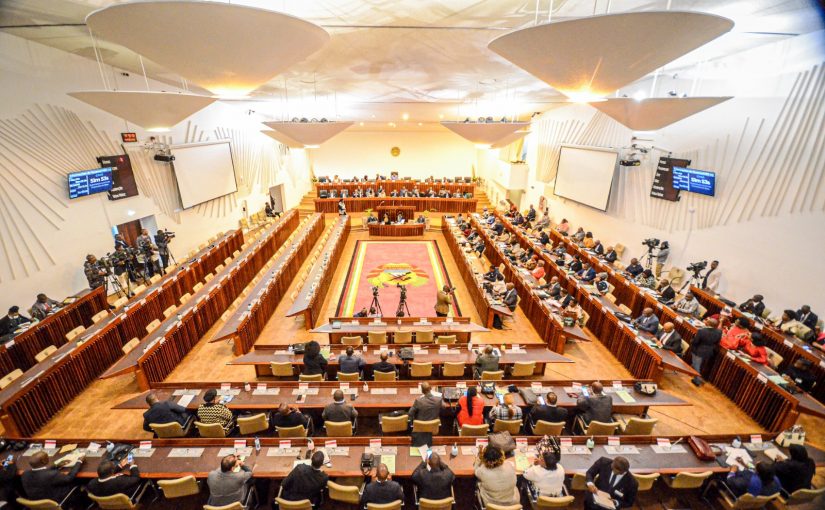EUMAM MOZ receives visit from Swedish Ambassador to Mozambique
Mozambique: Parliament approves Rwanda extradition deal amid persecution fears

File photo: AIM
Mozambique’s parliament on Wednesday gave its final approval to an extradition agreement with Rwanda, with the governing Frelimo party voting in favour and the opposition Renamo and MDM parties voting against, fearing it will help Kigali persecute its opponents.
The resolution ratifying the agreement passed with 168 votes from the Mozambique Liberation Front (Frelimo) party in favour, while the National Resistance of Mozambique (Renamo), the main opposition party, and the Mozambique Democratic Movement (MDM), the third-largest party, rejected the document with a total of 42 votes.
“We voted in favour definitively because we understand the importance of strengthening the legal and judicial cooperation implemented under the General Cooperation Agreement,” signed with Rwanda in 1992, Frelimo deputy Afonso Lopes Nipero said while reading the Frelimo vote in favour.
Nipero said that the agreement strengthened the legal framework for combating terrorism and money laundering.
Renamo deputy António Muchanga explained that the main opposition party was rejecting the agreement because, in its opinion, it opened the way for the persecution of political opponents of Rwandan president Paul Kagame’s government.
“The Government of the Republic of Rwanda is known for the persecution and physical
elimination of political opponents,” Muchanga declared.
The Renamo deputy criticized the government’s lack of clarity regarding the situation of Rwandans exiled in Mozambique.
The MDM also opposed the pact on the grounds that it would facilitate the persecution of Rwandans fleeing oppression by the Rwandan authorities.
“This agreement benefits neither Mozambicans, nor will it benefit them,” emphasized MDM deputy Silvério Ronguane.
Ronguane accused the Mozambican government of using Rwandan exiles in Mozambique “as a counterpart” for the assistance of Rwandan military in the fight against armed groups in Cabo Delgado province, northern Mozambique.
Defending the agreement on behalf of the government, Minister of Justice, Constitutional, and Religious Affairs, Helena Kida, said during the general vote last week that the understanding did not aim for “political persecution,” but only to prevent “the country from being a haven for dishonest individuals involved in criminal activities in another country”.
Kida said that the understanding was part of the government’s commitment to combatting organized and transnational crime within the framework of treaties signed by the two countries.
Regarding the killings of members of the Rwandan community in Mozambique attributed by the Mozambican opposition and civil society organizations to Kigali security forces, the minister admitted the occurrence of some deaths, but considered the blaming of the Rwandan authorities “speculation”.
Since 2021, Rwandan forces have played a crucial role in combating rebels in Cabo Delgado, helping to reclaim areas conquered by the insurgency.
Cabo Delgado province has been facing an armed insurgency for six years, with some attacks claimed by the extremist group Islamic State, leading to a military response since July 2021, with the support of Rwanda and the Southern African Development Community (SADC), liberating districts near natural gas projects.
In September, 2021, the Association of Rwandans Refugees in Mozambique called for “urgent” intervention by the African Union (AU) and SADC regarding alleged persecution by the Kigali government.
“The idea of calling on the international community is a good one, because this situation is happening not only here in Mozambique, but also in South Africa, Burundi, Uganda, and Kenya,” association president Cleophas Habiyareme told Lusa at the time.












Leave a Reply
Be the First to Comment!
You must be logged in to post a comment.
You must be logged in to post a comment.